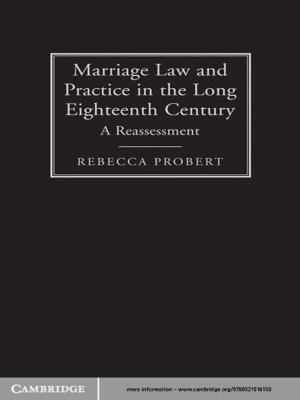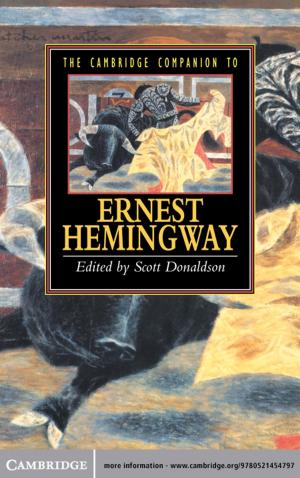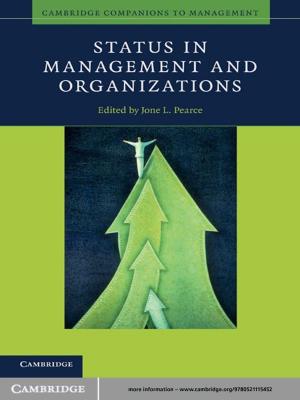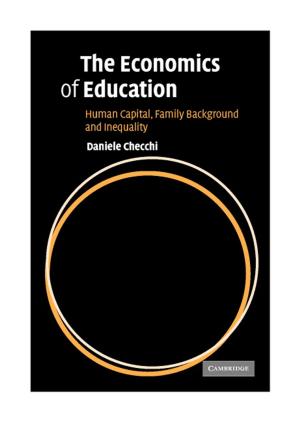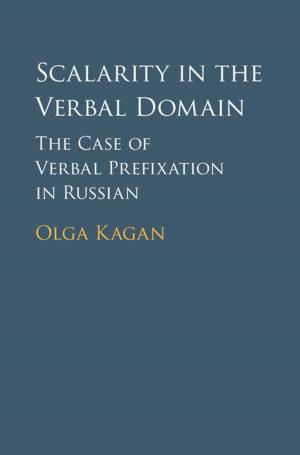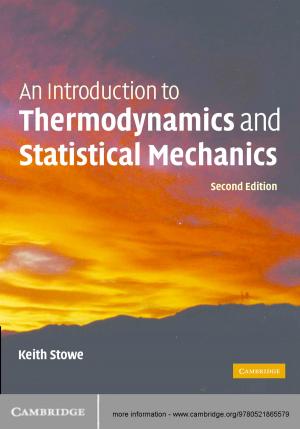Duty and the Beast
Should We Eat Meat in the Name of Animal Rights?
Nonfiction, Religion & Spirituality, Philosophy, Ethics & Moral Philosophy| Author: | Andy Lamey | ISBN: | 9781108605915 |
| Publisher: | Cambridge University Press | Publication: | May 31, 2019 |
| Imprint: | Cambridge University Press | Language: | English |
| Author: | Andy Lamey |
| ISBN: | 9781108605915 |
| Publisher: | Cambridge University Press |
| Publication: | May 31, 2019 |
| Imprint: | Cambridge University Press |
| Language: | English |
The moral status of animals is a subject of controversy both within and beyond academic philosophy, especially regarding the question of whether and when it is ethical to eat meat. A commitment to animal rights and related notions of animal protection is often thought to entail a plant-based diet, but recent philosophical work challenges this view by arguing that, even if animals warrant a high degree of moral standing, we are permitted - or even obliged - to eat meat. Andy Lamey provides critical analysis of past and present dialogues surrounding animal rights, discussing topics including plant agriculture, animal cognition, and in vitro meat. He documents the trend toward a new kind of omnivorism that justifies meat-eating within a framework of animal protection, and evaluates for the first time which forms of this new omnivorism can be ethically justified, providing crucial guidance for philosophers as well as researchers in culture and agriculture.
The moral status of animals is a subject of controversy both within and beyond academic philosophy, especially regarding the question of whether and when it is ethical to eat meat. A commitment to animal rights and related notions of animal protection is often thought to entail a plant-based diet, but recent philosophical work challenges this view by arguing that, even if animals warrant a high degree of moral standing, we are permitted - or even obliged - to eat meat. Andy Lamey provides critical analysis of past and present dialogues surrounding animal rights, discussing topics including plant agriculture, animal cognition, and in vitro meat. He documents the trend toward a new kind of omnivorism that justifies meat-eating within a framework of animal protection, and evaluates for the first time which forms of this new omnivorism can be ethically justified, providing crucial guidance for philosophers as well as researchers in culture and agriculture.

